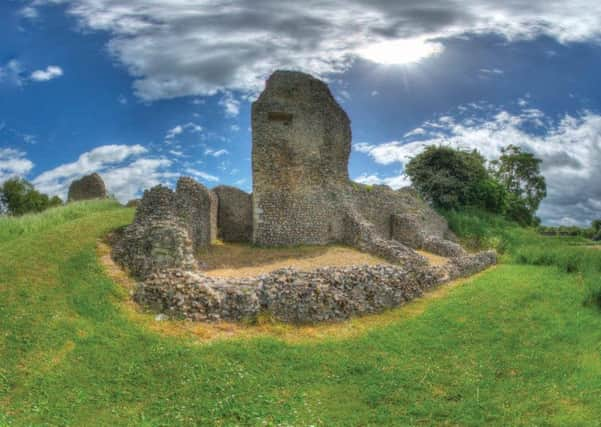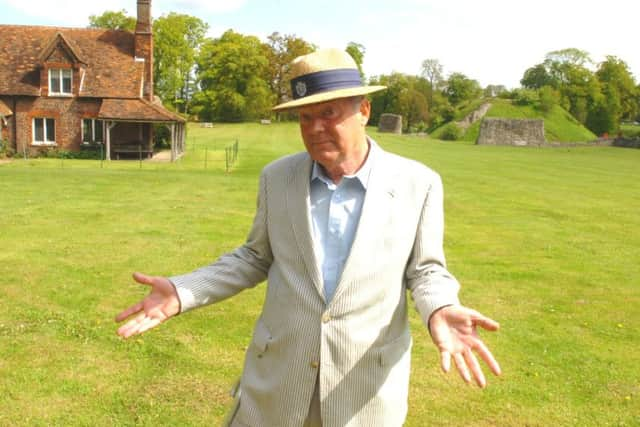FEATURE: Why the French King's eldest son besieged Berkhamsted Castle


The French invasion of England and their laying siege to a favourite royal residence - Berkhamsted Castle - seven months later, was the climax to decades of warfare between Plantagenet Kings and their enemy, King Phillip II of France.
The immediate seeds of the conflict were sown in October 1216, when King John died from the effects of dysentery and the throne was passed to his nine-year-old son Henry III.
Advertisement
Hide AdAdvertisement
Hide AdEngland was vulnerable, and Prince Louis sought to exploit that. In fact, by the time he besieged Berkhamsted Castle, nearly two-thirds of English Barons backed his claim to the English crown.


John Waller, history enthusiast and Berkhamsted resident, thinks England has long-been sought after, and it remains that way today.
“It was one of the most dramatic episodes in English history,” he said.
“England has always been one of the richest countries in Europe. That’s because England is law-abiding, it’s prosperous, it pays its taxes. It is something good to get hold of.
Advertisement
Hide AdAdvertisement
Hide Ad“Even today, the EU can see that Britain is worth having. Nothing really changes.”


Not that a modern-day visitor would necessarily relish a trip to Berkhamsted in 1216.
Then the town was dirty, smelly and infested with vermin. Sewage went into the River Bulborne, which was also the primary source of drinking water.
Somewhere between White Hill, Gravel Path, Bridgewater Road and Castle Hill, Louis positioned the mangonel to hurl massive rocks at a flat trajectory to break stone walls.
Advertisement
Hide AdAdvertisement
Hide AdAnd his trebuchet worked like a catapult, throwing rocks weighing up to 150kg on a high arc to destroy the fortifications.
On December 20, the castle unexpectedly surrendered on orders from William Marshal.
Whether this was done to save the defenders, salvage the remains of the castle or in exchange for a truce with Louis, is unclear.
“It was a bit odd why they surrendered,” Mr Waller said. “I think there was a Christmas truce. But it really was an incredible story.”
Advertisement
Hide AdAdvertisement
Hide AdRecords show that it took until 1227 for repairs to be made to the castle. Having secured Berkhamsted, Louis made for St Albans along Akeman Street, pillaging the villages of Felden and Pimlico as he passed through.
But the following year, Louis was defeated by William Marshal at the Battle of Lincoln forcing him to retreat to France and give up his claim to the English crown.
“Someone once said, if you don’t learn a lesson from history today, you’ll be taught a lesson tomorrow,” Mr Waller said.
“Everybody can like history, in the way people like football.
“If you take an interest, it’s something that is there for the rest of your life.”